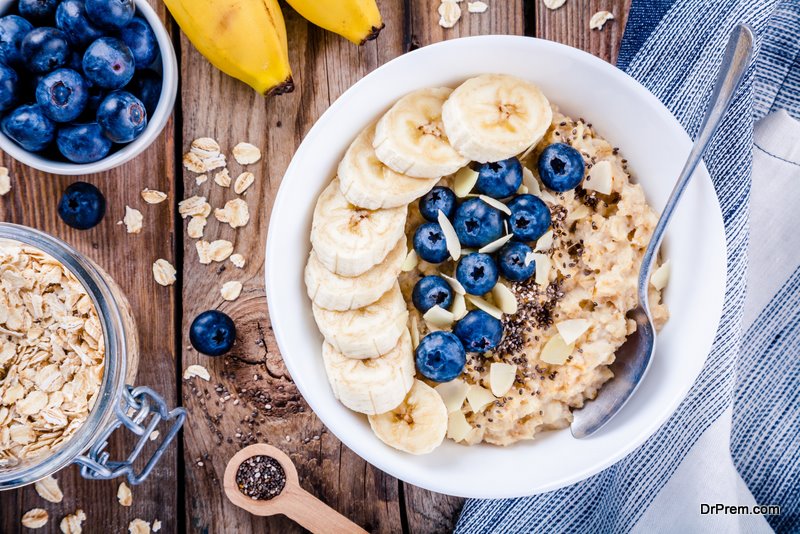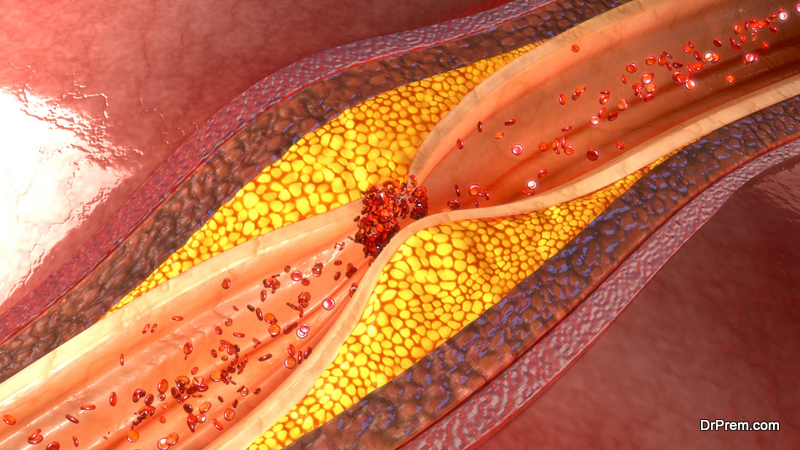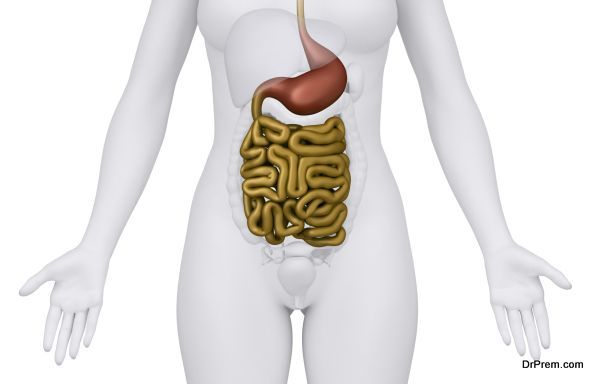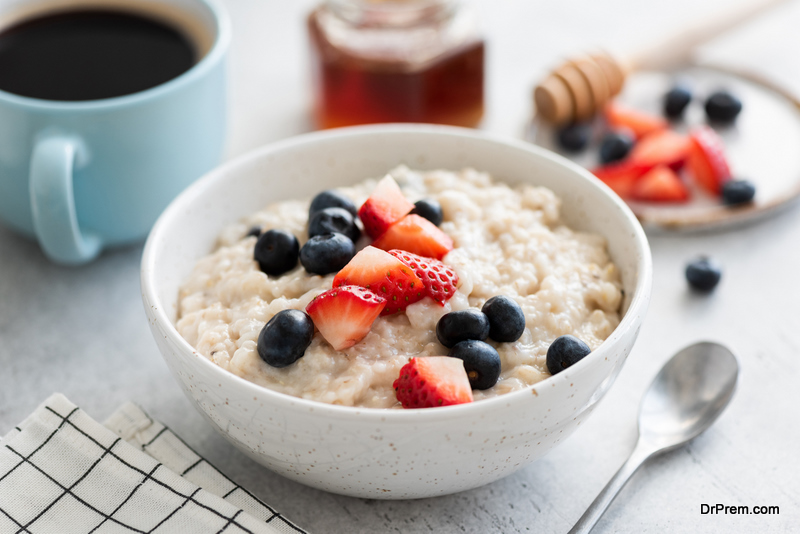Modern life keeps people occupied, and people have a lot on their plate. They operate 24 hours a day, seven days a week, and are frequently observed grumbling about a lack of time. Most of them find ordering food or making processed food convenient. These food items do not consume much time and suit most people’s taste buds. However, studies suggest that this lifestyle is raising many health concerns and giving emergence to many diseases. Healthcare workers and media have raised awareness about the negative impact of consuming fried, processed, and unhealthy food. As a result, several people are actively striving to change their eating habits.
Changing food habits require determination, discipline, and perseverance, but switching to healthy eating makes it all worth it. Nutritionists say that healthy eating helps people shed extra fat and keep them fit. Moreover, healthy food strengthens immunity and helps to build a more robust defense against diseases. Physical, emotional, social, and mental health are all interrelated. When people face issues in one aspect of health, it affects all others. Many psychologists have commented that high consumption of unhealthy food escalates mental health issues. Health practitioners are giving alternatives to people and suggest whole-grain food as they are beneficial for people’s holistic wellbeing.
Whole Grain food has been a part of the human diet for tens of thousands of years, but health care experts comment that high intake can lead to many health problems. Similarly, food grown in an unhealthy environment can negatively impact human wellbeing.
Below we are listing some points that will shed light on how eco-friendly whole grain meals are better for health:
1. Fibrous Food
 Whole grains are rich in fiber and nutrients and easily make people feel full. They give a boost of energy and help people overcome their laziness. Whole grains include minerals, vitamins, antioxidants, plant compounds, and protein. Moreover, eco-friendly whole-grain foods are tasty and can be an alternative to people’s unhealthy meals. For snacks, people can have a handful of rolled oats or cook porridge for their meals. Many people wrongly believe that they must eat whole-grain food only when they fall sick. Contrary to their idea, whole-grain meals can substitute unhealthy food and ensure people’s wellbeing.
Whole grains are rich in fiber and nutrients and easily make people feel full. They give a boost of energy and help people overcome their laziness. Whole grains include minerals, vitamins, antioxidants, plant compounds, and protein. Moreover, eco-friendly whole-grain foods are tasty and can be an alternative to people’s unhealthy meals. For snacks, people can have a handful of rolled oats or cook porridge for their meals. Many people wrongly believe that they must eat whole-grain food only when they fall sick. Contrary to their idea, whole-grain meals can substitute unhealthy food and ensure people’s wellbeing.
2. Reduce Risk of Heart Disease
An alarming number of people now suffer from cardiovascular diseases. An increasing number of deaths are happening due to sudden cardiac arrest. Medical experts say that whole grains lower the risk of heart disease as it builds a stronger heart. However, experts say that people must also include fewer refined grains with more whole grains.
People often argue that changing food habits is too tricky for them, and they feel like switching back to pizza and pasta after two days. They can quickly go for whole wheat pizza, swap regular pasta with wheat pasta, and lower the risk of heart disease.
3. Lower Cholesterol
 Another benefit of consuming whole grain is that it keeps cholesterol under control. People who are obese or tend to gain weight are at risk of high cholesterol, leading to heart problems. Switching to whole grain meals have a remarkable impact on cholesterol. Brown rice, quinoa, and beans reduce LDL cholesterol and TC and prevent people from overeating. Many health experts suggest incorporating whole-grain oats into the diet as they are beneficial for health and keep people’s vitality in control.
Another benefit of consuming whole grain is that it keeps cholesterol under control. People who are obese or tend to gain weight are at risk of high cholesterol, leading to heart problems. Switching to whole grain meals have a remarkable impact on cholesterol. Brown rice, quinoa, and beans reduce LDL cholesterol and TC and prevent people from overeating. Many health experts suggest incorporating whole-grain oats into the diet as they are beneficial for health and keep people’s vitality in control.
4. Regulate Blood Sugar
Another common disease of the modern age is diabetes. Unlike previous years, alongside adults and older people, many infants also suffer from regular fluctuation in sugar levels. Health experts have concluded that replacing simple, refined sugar with a more complex source helps regulate blood sugar. Many people have high diabetes; on the other hand, an increasing number of people complain about the lethargy resulting from low sugar levels. A mineral, magnesium, is found in whole grains that help metabolize carbs, controlling blood sugar levels.
5. Boost Digestion
 Unhealthy food, mainly processed food, is difficult to digest and leads to many health problems. Fibers in whole grains support healthy digestion as it helps in breaking down food. It lowers the risk of constipation and helps give bulk to stool. Some whole grain items, such as barley and oats, act as prebiotics. Moreover, whole grains diminish the dietary fat people consume through other items and encourage regular bowel movements. They feed good bacteria or beneficial gut bacteria that support digestion. Health experts say that the root cause of many severe diseases is indigestion. Taking care of it can help prevent people from getting serious illnesses.
Unhealthy food, mainly processed food, is difficult to digest and leads to many health problems. Fibers in whole grains support healthy digestion as it helps in breaking down food. It lowers the risk of constipation and helps give bulk to stool. Some whole grain items, such as barley and oats, act as prebiotics. Moreover, whole grains diminish the dietary fat people consume through other items and encourage regular bowel movements. They feed good bacteria or beneficial gut bacteria that support digestion. Health experts say that the root cause of many severe diseases is indigestion. Taking care of it can help prevent people from getting serious illnesses.
6. Protect Teeth and Gums
Many people do not think of their oral health unless they suffer from a mouth-related health issue. Studies suggest that consumption of high-content sugary food affects oral health and damages teeth. In contrast, people who incorporate whole-grain meals are less likely to encounter gum diseases. Aside from keeping gums healthy, whole grains, like barley, wheat, and oat, can protect teeth from getting cavities by keeping them strong. People lose teeth with age, and their gums start swelling up. Taking care of diet at a younger age strengthens teeth and builds a defense system that fights cavities and protects gums.
Furthermore, whole-grain food is rich in vitamin E, which reduces inflammation. It puts up an intense battle against gum diseases. Nevertheless, excess of any food item can be adverse for health. People must be moderate while eating even healthy foods.
7. Diminish Chance of Cancer
 Most people of the modern age have lost a loved one or seen a dear one going through the complications of cancer. The disease is becoming prevalent, and people are actively searching for ways to prevent it. Whole grains have been demonstrated to reduce cancer risk in addition to adopting other lifestyle modifications. Although experts say that whole grains’ anticancer is related to collateral cancer, whole grains support digestion, reducing cancer risk. Besides, whole grains’ other components include phenolic acids, phytic acids, and saponins. These constituents slow down the development of cancer.
Most people of the modern age have lost a loved one or seen a dear one going through the complications of cancer. The disease is becoming prevalent, and people are actively searching for ways to prevent it. Whole grains have been demonstrated to reduce cancer risk in addition to adopting other lifestyle modifications. Although experts say that whole grains’ anticancer is related to collateral cancer, whole grains support digestion, reducing cancer risk. Besides, whole grains’ other components include phenolic acids, phytic acids, and saponins. These constituents slow down the development of cancer.
Conclusion
Food is the main component and significantly affects people’s health. Eating well builds strong immunity and puts an intense fight against diseases. Moreover, people who follow a healthy diet generally live a long life and do not face significant health crises. Whole grain is nutritious, gives people energy, and keeps them fit. Whole grain food does not need a substantial amount of water to grow. Thus, places with scarce rainfall can also grow eco-friendly real grain food, and people can enjoy wholesome organic whole-grain meals. Consuming whole-grain meals in a large quantity can be adverse for human health, but moderately, it can benefit people.
Article Submitted By Community Writer




